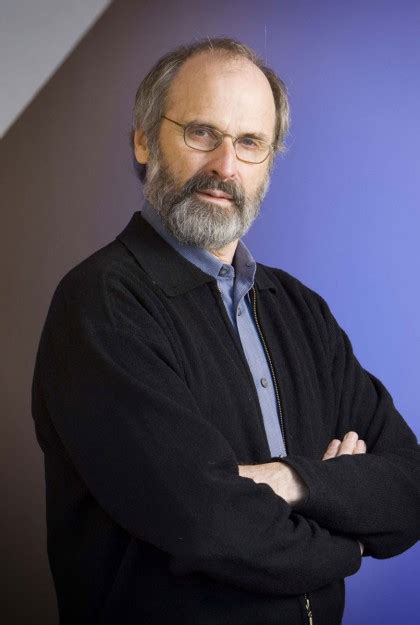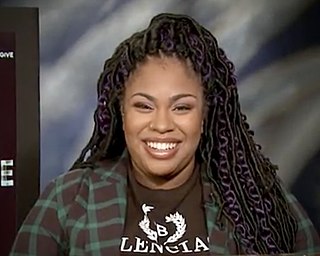A Quote by Billy Porter
I grew up when one of America's greatest black playwrights, August Wilson, was writing about life in Pittsburgh, but I never saw myself in any of his straight-male plays. And then I see 'Angels,' which was so honest and painful, and it had this black drag queen in it, Belize, with a big heart. I finally had a character to relate to.
Related Quotes
When I think back, I felt like I had the life that a lot of white American kids grew up with in the suburbs in the States. I started noticing, as Apartheid's grip weakened, that we had more and more black kids at school; I had more and more black friends. But I never really saw a separation between myself and the black kids at school.
There's no reason why you can't say "August Wilson, playwright" even though all of my work, every single play, is about black Americans, about black American culture, about the black experience in America. I write about the black experience of men, or I write about black folks. That's who I am. In the same manner that Chekhov wrote about the Russians, I write about blacks. I couldn't do anything else. I wouldn't do anything else.
Some playwrights are obvious influences on younger writers. Arthur Miller (realistic, politically engaged dramas) and Christopher Durang (satirical dark comedies) are examples. But August stands apart, ... He has his special way of seeing things. I remember he and I were at one of those fancy benefits the Rep has. The gay men's chorus was singing, and I was very proud to have brought them into a Rep event. And August says, 'You know, I don't see any black people up there.' That was his focus the lives of black people.
White people scare the crap out of me. I have never been attacked by a black person, never been evicted by a black person, never had my security deposit ripped off by a black landlord, never had a black landlord, never been pulled over by a black cop, never been sold a lemon by a black car salesman, never seen a black car salesman, never had a black person deny me a bank loan, never had a black person bury my movie, and I've never heard a black person say, 'We're going to eliminate ten thousand jobs here - have a nice day!'
One of the facets of growing up the way I did, I never had the experience of being solely in the black community. Even my family, my mother is what they call Creole, so she's part French, part black, and grew up in Louisiana. It's a very specific kind of blackness that is different than what is traditionally thought of as the black community and black culture. So, I never felt a part of whatever that was.
At the time when I was in college, Oscar Grant had just lost his life in Oakland, Calif. He was an unarmed young black male who had a record. And at the time when his death was making headlines, more people were talking about what he had done in his past than the fact that he unjustly lost his life.
America has never had a very wide vocabulary for miscegenation. We say we like diversity, but we don't like the idea that our Hispanic neighbor is going to marry our daughter. America has nothing like the Spanish vocabulary for miscegenation. Mulatto, mestizo, Creole - these Spanish and French terms suggest, by their use, that miscegenation is a fact of life. America has only black and white. In eighteenth-century America, if you had any drop of African blood in you, you were black.
I come from a real working class background, and I didn't know anyone sophisticated - except I saw Edie Sedgewick once at the Art Museum in Philly. She had these black leotards and little black pumps and this big ermine cape and all these white dogs and black sunglasses and black eyes. She was classy!
The street is as diverse as any other sector, but in peoples' mind it gets appropriated as a black man who's tough. Trying to make it through by staying hard and phallocentric. To me, that is just an impoverished conception of what it is to be a black male. It doesn't do justice to my grandfather, my father, my brother - or just the black men I grew up with.
I would say I'm black because my parents said I'm black. I'm black because my mother's black. I'm black because I grew up in a family of all black people. I knew I was black because I grew up in an all-white neighborhood. And my parents, as part of their protective mechanisms that they were going to give to us, made it very clear what we were.




































